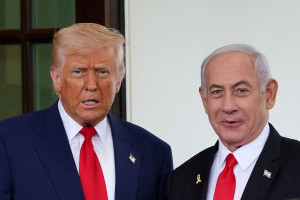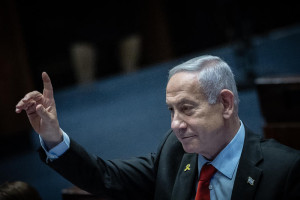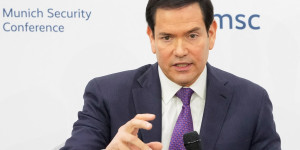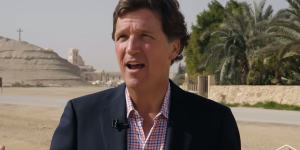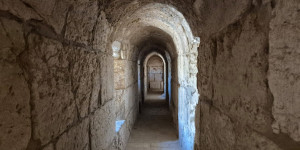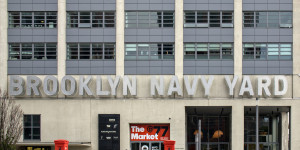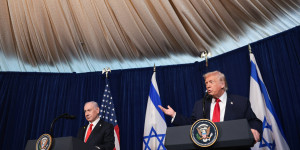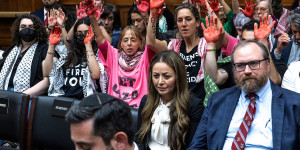Netanyahu and Trump praise opportunities for peace after Iran strikes, Gaza hostage deal still uncertain
Netanyahu and Trump still pursuing options for voluntary migration from Gaza
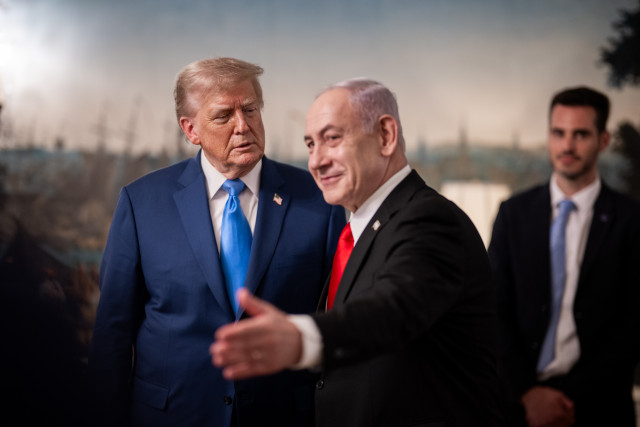
Israeli Prime Minister Benjamin Netanyahu and U.S. President Donald Trump met for dinner at the White House on Monday evening amid efforts to secure a hostage-ceasefire deal in Gaza and attempts by Washington to resume talks with Iran following the Israeli and U.S. strikes on nuclear sites in the Islamic Republic.
The two leaders sat down for dinner together with various aides and advisors in the Blue Room of the White House where they celebrated the successful Iranian operation and discussed the ongoing hostage-ceasefire negotiations in Qatar. It was their third meeting since Trump returned to the White House in January.
At the beginning of the dinner, Netanyahu also surprised Trump by presenting him with a letter of nomination for the Nobel Peace Prize.
“I wanted to express deep appreciation and admiration, not only [on behalf] of all Israelis, but of the Jewish people,” Netanyahu said as he presented the letter to Trump. “The president has already realized great opportunities. He forged the Abraham Accords; he's forging peace as we speak with one country and one region after the other. I want to present to you, Mr. President, a letter that I sent to the Nobel Prize committee. It's nominating you for the Peace Prize.”
During remarks to the press before the dinner, Trump praised the cooperation between Netanyahu and himself, saying, the two have “had a tremendous success together, and I think it will only go on to be even greater success in the future.”
Asked by reporters about the plan he had previously shared to turn Gaza into the “Riviera of the Middle East” by encouraging voluntary migration and a massive rebuilding project, Trump deferred to Netanyahu.
“I think President Trump had a brilliant vision,” Netanyahu answered. “It’s called free choice. If people want to stay, they can stay; but if they want to leave, they should be able to leave.”
Despite the Israeli government’s enthusiasm for the plan, very few Arab or Muslim countries have publicly agreed to take in Gaza evacuees long term. Some, such as the United Arab Emirates, have agreed to take Palestinians needing long-term medical care, on the condition that they be allowed to return to Gaza.
However, Netanyahu said that Gaza “shouldn’t be a prison. It should be an open place.” He said that Israel is “working with the United States very closely” to find countries willing to take in Palestinians that want to leave.
President Trump appeared to indicate that he is also still willing to pursue the vision, even if less enthusiastically than before. He highlighted “great cooperation” from several “surrounding countries, great cooperation from every single one of them. So something good will happen," he stated.
Despite a lack of international support for voluntary migration from Gaza, many Palestinians there have expressed a desire to leave the embattled enclave.
Asked about support for a two-state solution, Netanyahu declined to support the two-state proposal of the Oslo Accords, but affirmed the right of Palestinians to govern themselves.
"I think the Palestinians should have all the powers to govern themselves, but none of the powers to threaten us. That means a sovereign power, like overall security, will always remain in our hands," Netanyahu explained. “People will say it's not a complete state, it's not a state. We don't care.”
Meanwhile, despite Hamas giving a negative response to the latest hostage-ceasefire proposal, Trump expressed confidence that a deal could be achieved soon.
Regarding Hamas’ willingness to reach a deal, Trump said, "They want to meet and they want to have that ceasefire.”
He also told reporters that he didn’t see any hold-ups to a deal.
“I don't think there is a hold-up. I think things are going along very well,” Trump told the reporters before the dinner.
Special Envoy to the Middle East, Steve Witkoff, who will depart for talks in Doha, Qatar, on Tuesday, also expressed a positive outlook regarding the negotiations.
“We have an opportunity to finally get a peace deal,” Witkoff told reporters at the press event before the dinner.
However, Israeli politicians in both the coalition and the opposition have opposed any concessions that would allow Hamas to continue in Gaza.

The All Israel News Staff is a team of journalists in Israel.
You might also like to read this:


